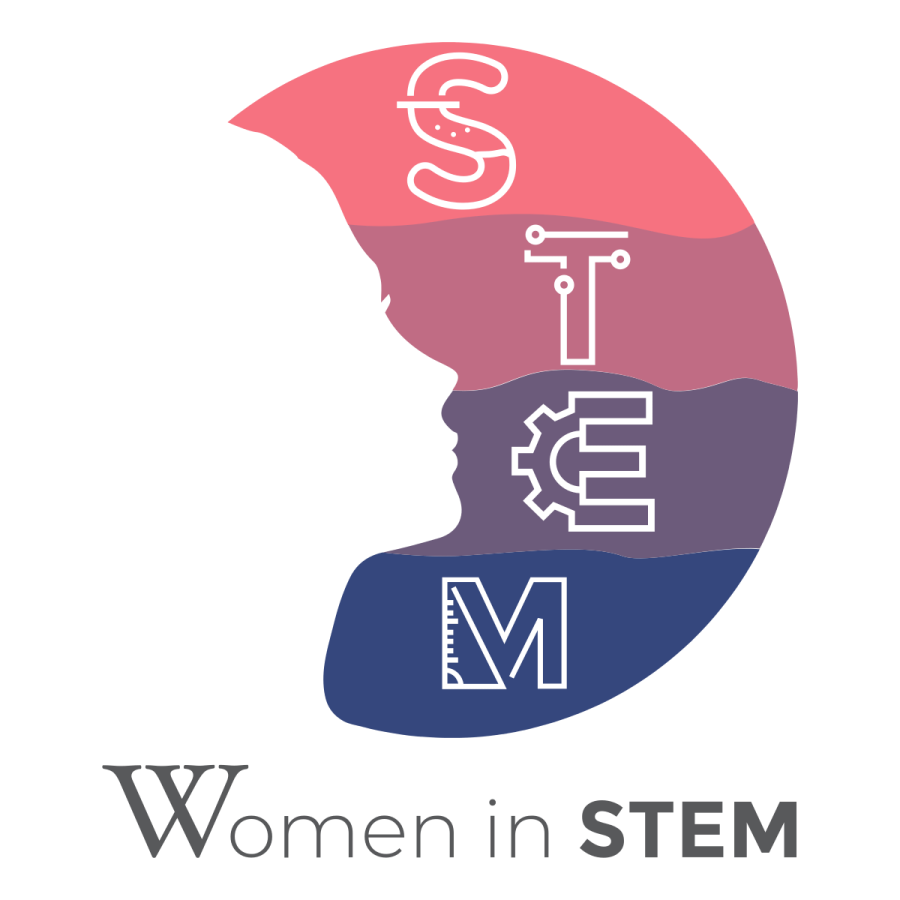$1 million NSF grant to address gender equity concerns in STEM faculty at UWO
July 15, 2022
A multidisciplinary team at the University of Wisconsin Oshkosh has been awarded a nearly $1 million, three-year National Science Foundation grant aimed at increasing and retaining women in academic STEM (science, technology, engineering and math) departments.
Associate chemistry professor Jennifer Schuttlefield Christus will lead the project as the principal investigator to address intersectional gender equity concerns at UWO identified by previous strategic planning work, a work-life balance study and a recent STEM work climate survey.
Samantha Larson, assistant public administration professor and Whitburn Center for Governance and Policy Research deputy director, and Alicia Johnson, interim University diversity officer and Women’s Center director, will serve as co-principal investigators. Christus also serves as the program director of the UW System Alliance for Inclusion, Diversity, Equity and Advancement in STEM.
“I congratulate and applaud the efforts of these fine scholars. I know their work will make a difference at UWO and beyond,” Chancellor Andy Leavitt said.
The UWO researchers plan to use the grant to address and resolve equity concerns across UWO’s three campuses—Fond du Lac, Fox Cities and Oshkosh—that were the byproduct of UW System restructuring in 2018. They noted that the grant project is “especially urgent work given the estimation that 25% of tenured STEM faculty will likely retire from UWO within 10 to 15 years.”
The work of UWO’s NSF ADVANCE grant team will involve creating a web-based dashboard to build awareness and transparency and track progress related to gender inequities among faculty and instructional staff in the STEM disciplines across the campuses.
The project also will involve creating trainings to address work climate issues; conducting an equity review of STEM department tenure, renewal and promotion policies; and assisting departments in creating and revising equitable policies and procedures.
“An equitable climate will benefit everyone—faculty, staff and students across all three campuses,” Johnson said. “Our students, particularly historically or structurally excluded students, continuously request a more diverse faculty as one way to increase their belongingness at UWO. The proposed work will be an additional step toward meeting this request given an equitable workplace environment for faculty and instructional staff is both an employee retention and recruitment tool and will enhance capacity to support student success. I believe we will become a more unified University because of the proposed work.”
In addition, the team expects that the results of the work could have broader implications across the nation and at other university systems seeking to restructure or consolidate campuses.














